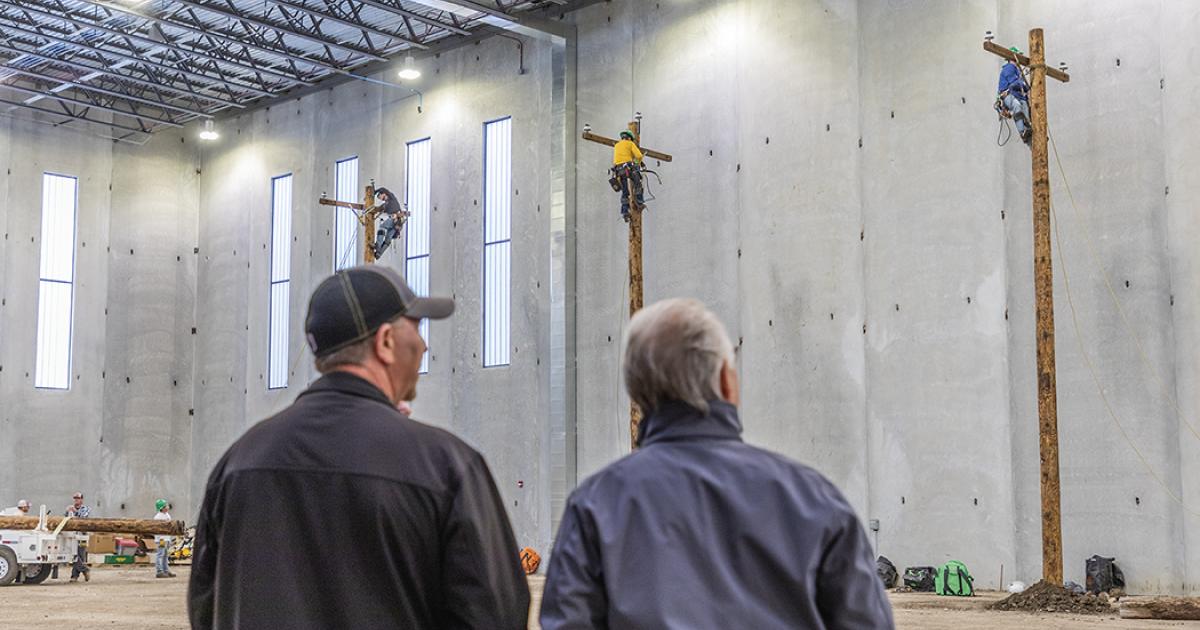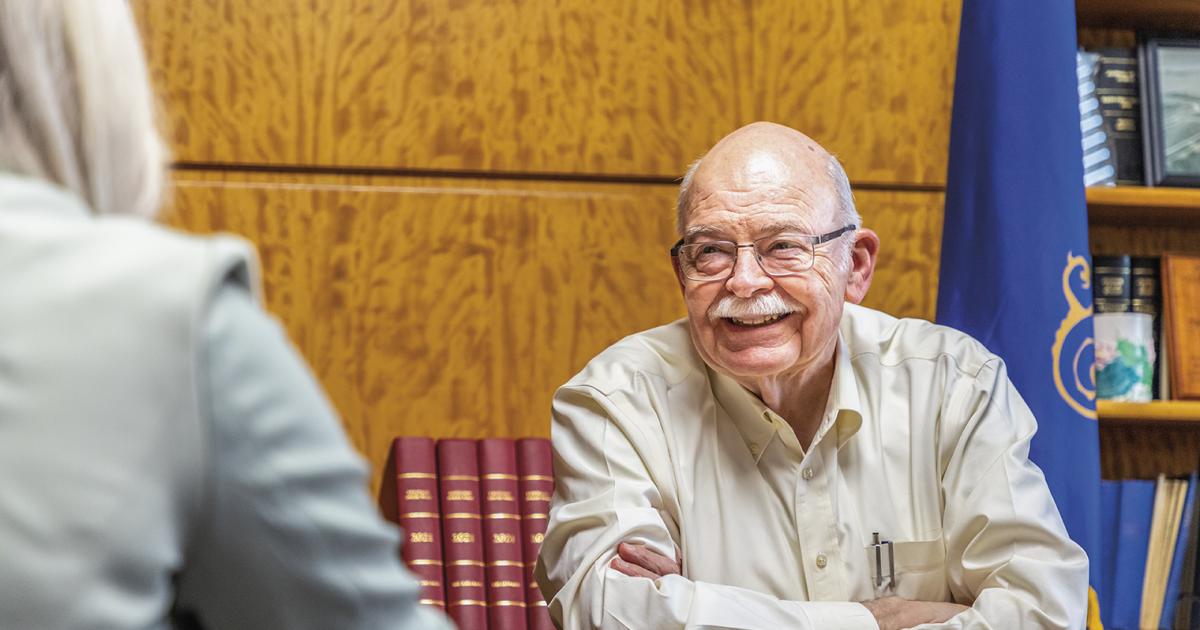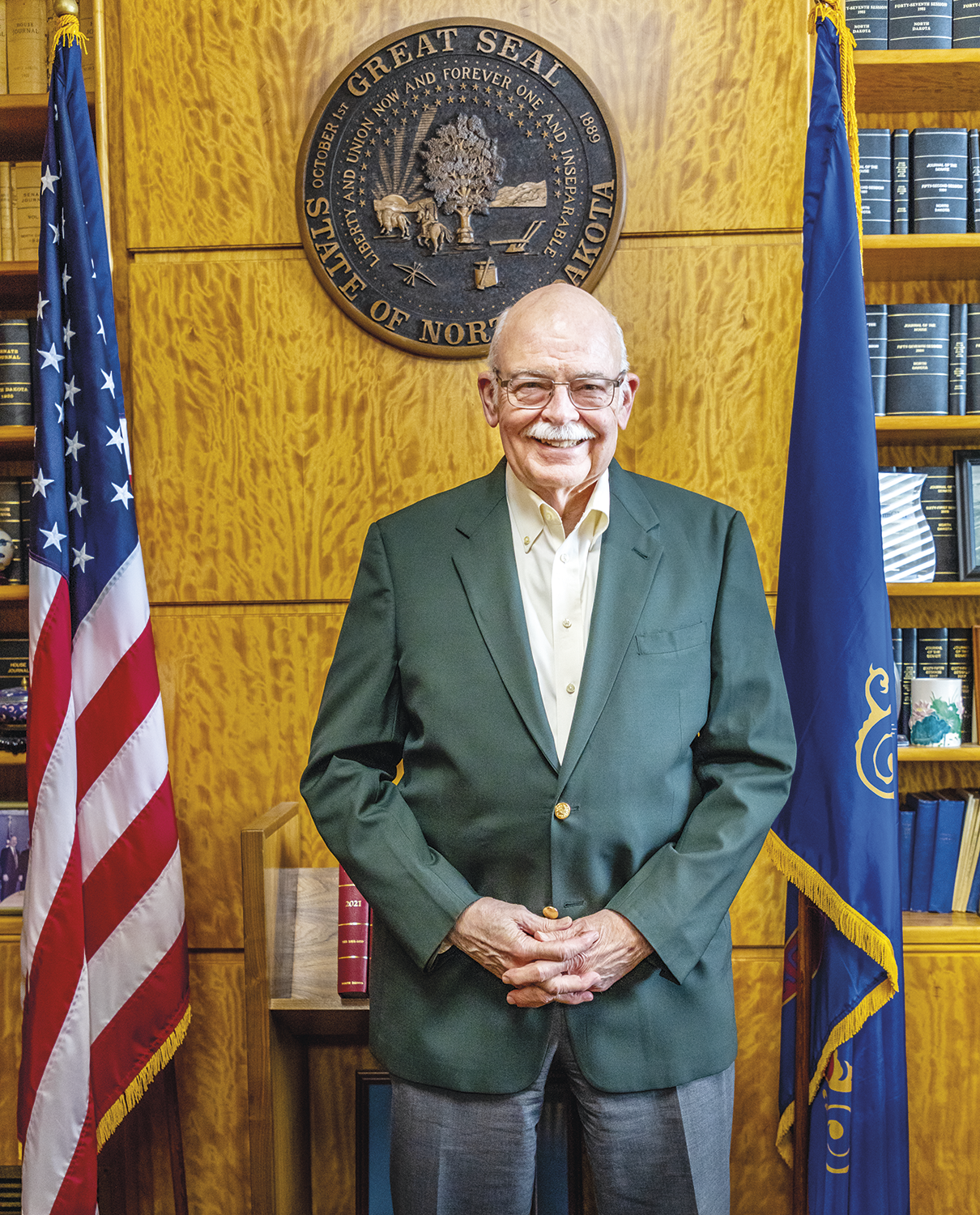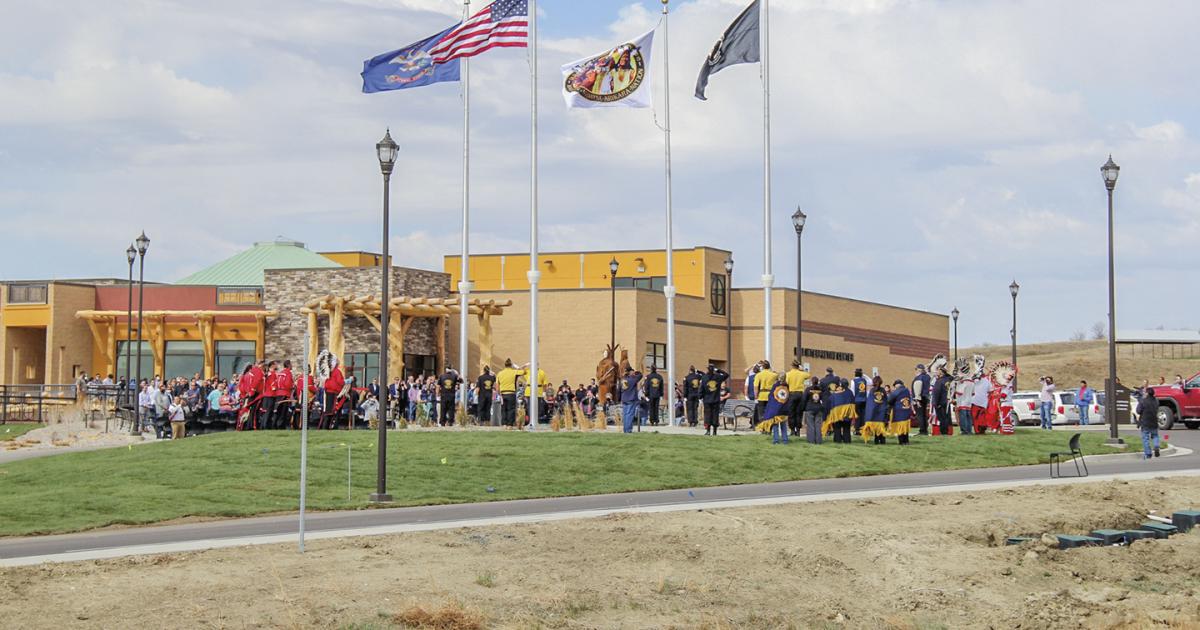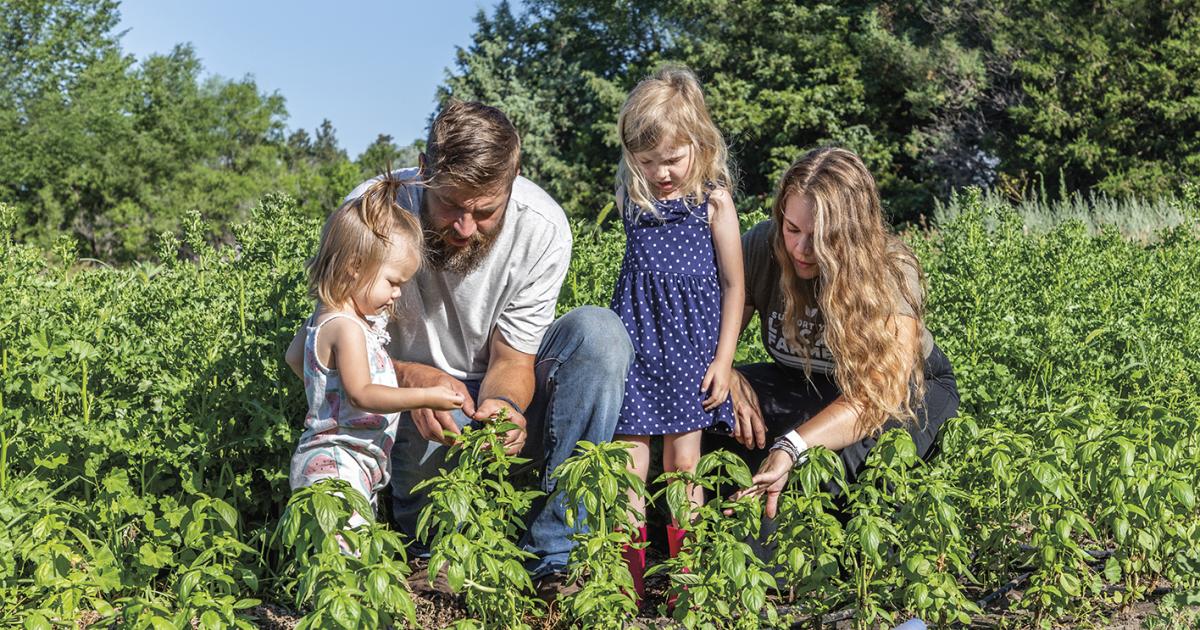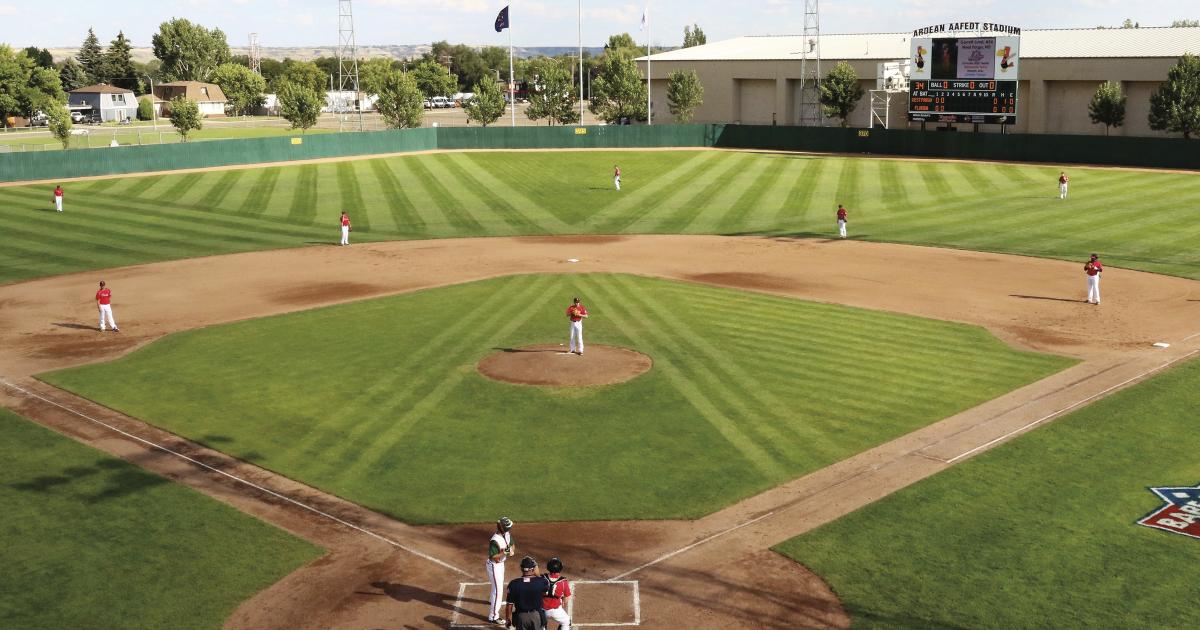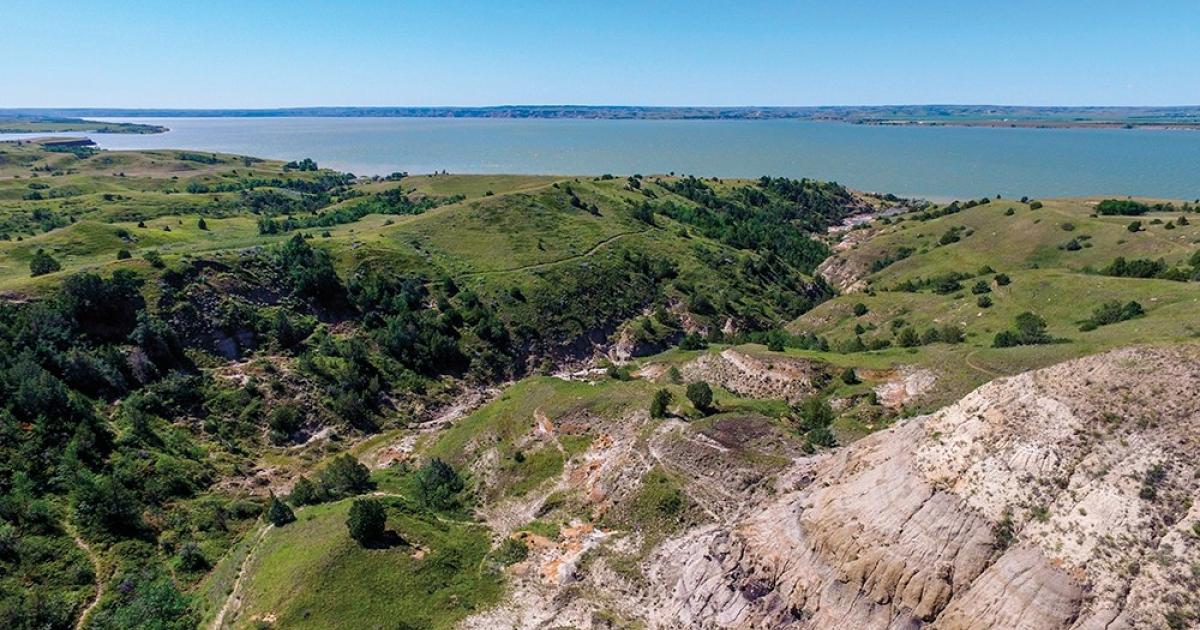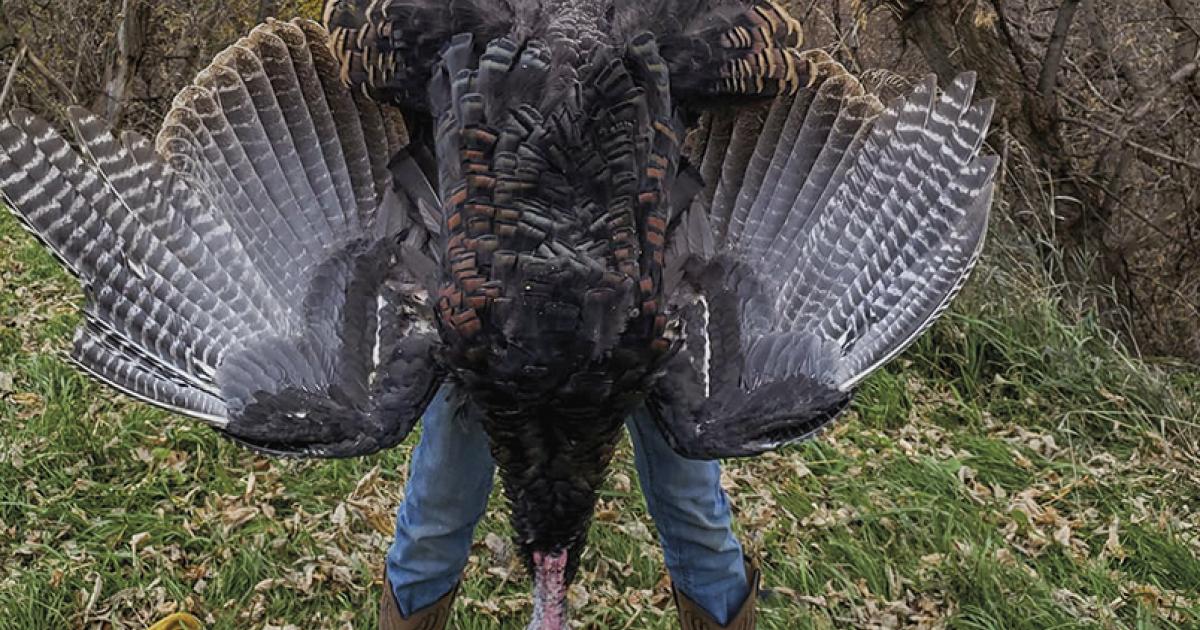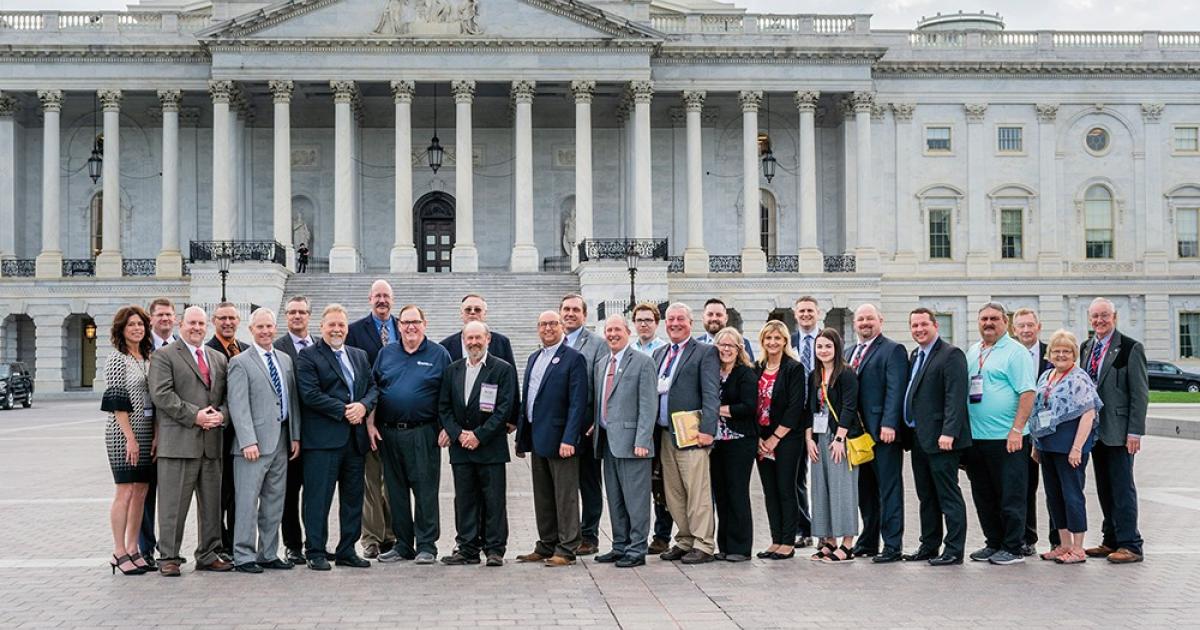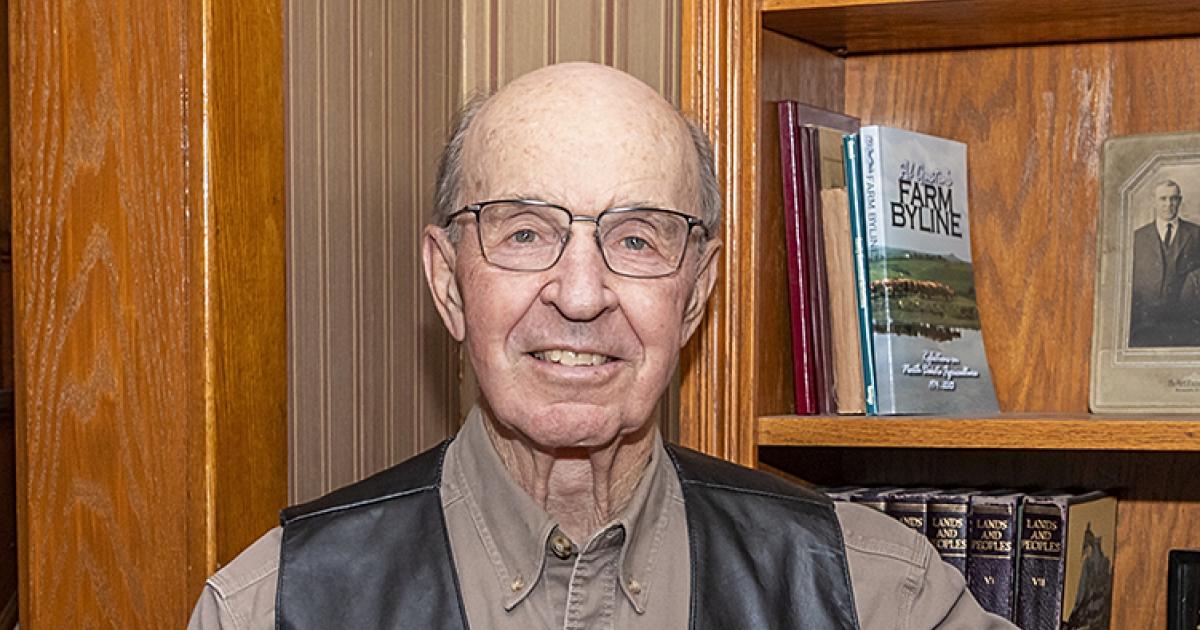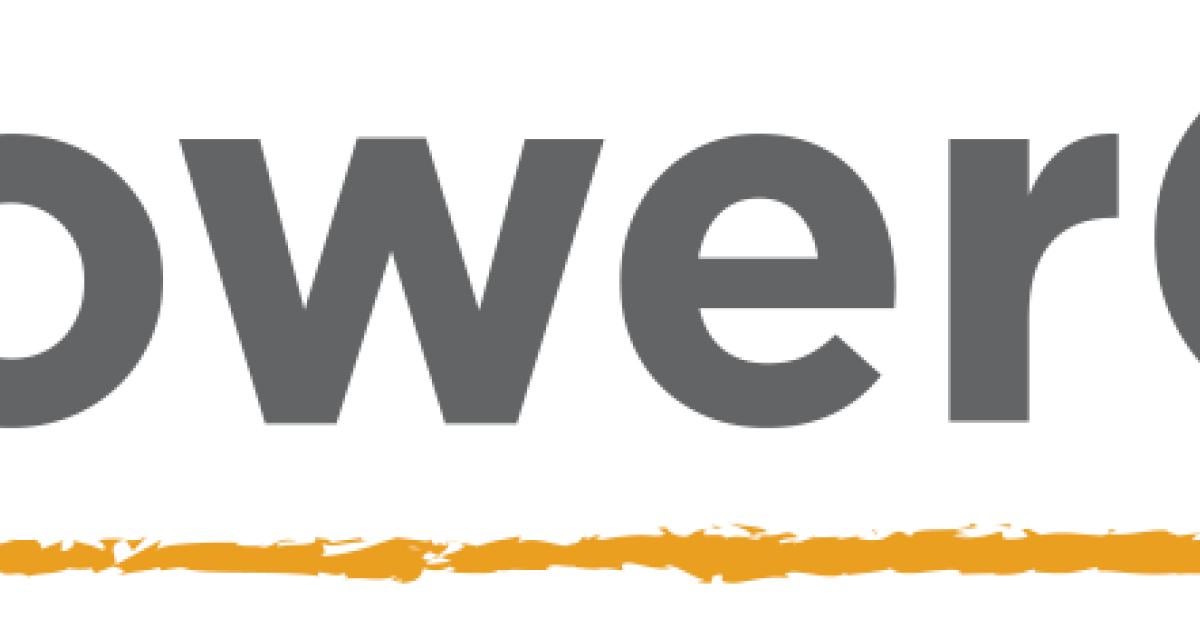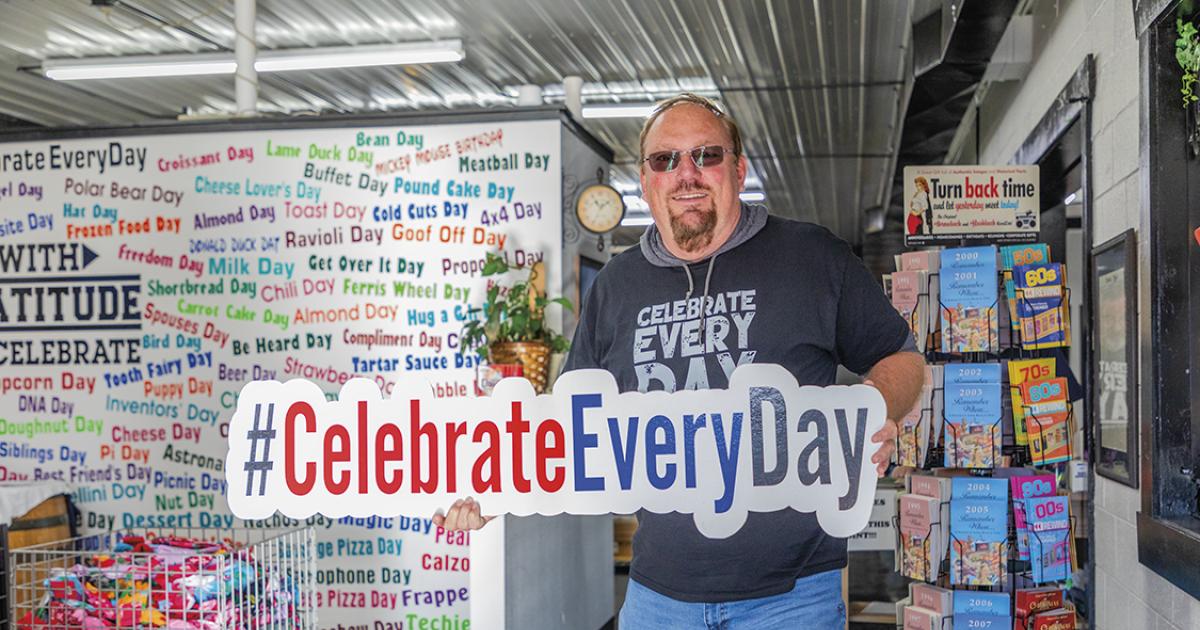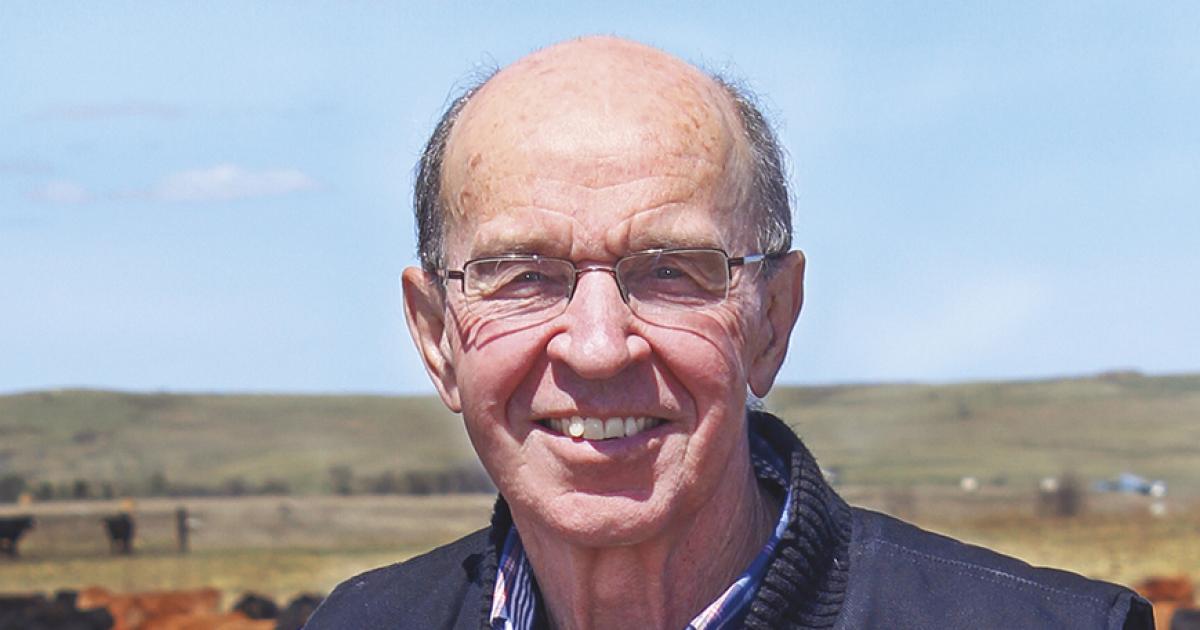Millions of Americans tuned in to the first “Monday Night Football” broadcast of the year. Two NFL powerhouses, the Cincinnati Bengals and the Buffalo Bills, faced off in a Jan. 2 game the oddsmakers had tipped in the Bills’ favor by two-and-a-half points. According to preliminary ratings, the game was the most-watched “Monday Night Football” telecast in ESPN history with 23.8 million viewers, surpassing a 2009 Packers-Vikings game in which many Upper Midwesterners likely were among the 21.8 million viewers.
It was not the game, however, that drew the massive audience.
Cally Peterson
If “rural electrification” was a buzzword spreading across the nation in the 1930s, “beneficial electrification” might be a buzzword of the 2030s.
Rural electrification in North Dakota held dreams of making life better for every farm family, and eventually, meant serving members in every pocket of this state, from the most remote to urban areas.
“A child care crisis.”
That’s how Gov. Doug Burgum described the state of child care in North Dakota, speaking at a press conference in September 2022 to pitch his child care plan.
“In many cases, parents have to choose between working and paying for child care, or not working at all,” Burgum told the Legislature in his executive budget address in December. “Currently, child care costs account for 15% to 40% of the average household budget in North Dakota, which often isn’t sustainable for young working families.”
From Pearl Street to the Pierson farm. From New York to near York.
On Sept. 4, 1882, Pearl Street station, Thomas Edison’s complete direct-current electric system, was publicly unveiled in Lower Manhattan. Edison’s electric idea eventually reached North Dakota farm country, where the Ray and Evangeline Pierson farm, 3.5 miles south of York, was energized by Baker Electric Cooperative on Thanksgiving Day 1937. It was the state’s first farm to receive electricity.
On the banks of the river that has sustained the Mandan, Hidatsa and Arikara (MHA) people for generations, the MHA Nation Interpretive Center stands. Contained within its walls are the stories, language, heritage and culture of these peaceful, resilient river people. It is their story – told by their people.
“We wanted to be able to make sure that our culture was alive, and that we continue studying and keeping our culture alive,” says Delphine Baker, MHA Nation Interpretive Center director. “And this is us telling our story – it’s not somebody who came in and studied us.”
Local farmers Jonathon and Hannah Moser, owners of Forager Farm near Mandan, are foraging more than food to feed their family and community. They’re foraging the life their dreams have sowed.
Those first dreams sprouted after the Mosers’ experience working on an organic vegetable farm in Victoria, Australia.
Williston might be known to America as a boom town. But the Western Star city is quickly developing another outside reputation – as a baseball town.
In August, Williston will host its fifth Babe Ruth World Series and third in the past decade. The town of nearly 30,000 expects to welcome around 40,000 World Series attendees over the 25-game period, with an estimated 40% coming from outside Williams County.


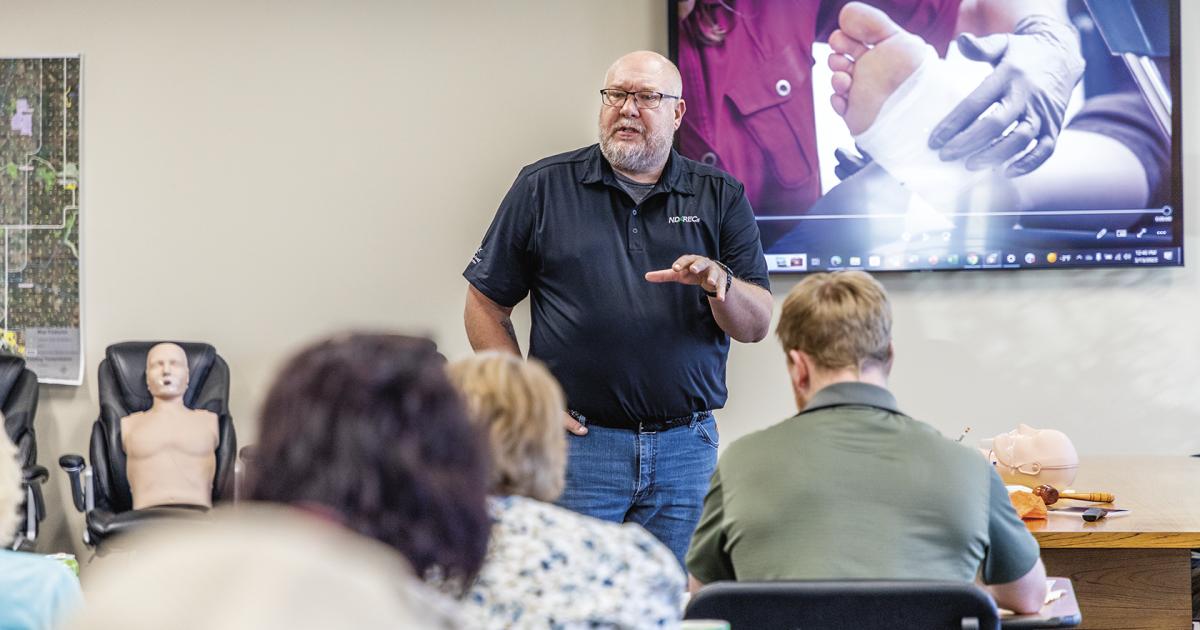
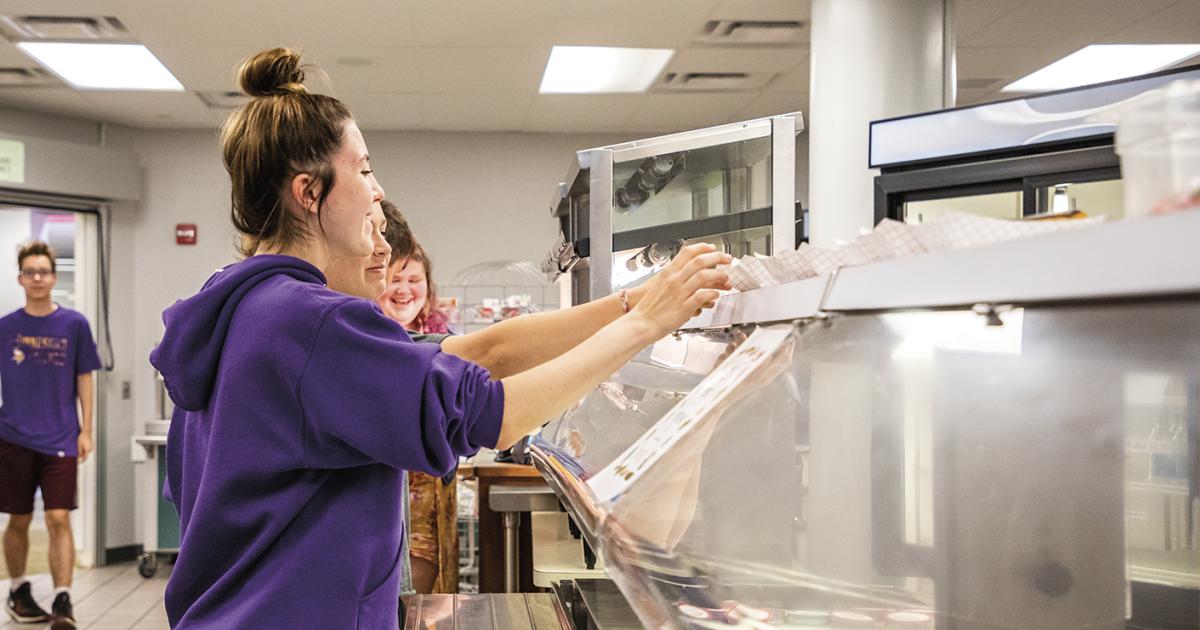
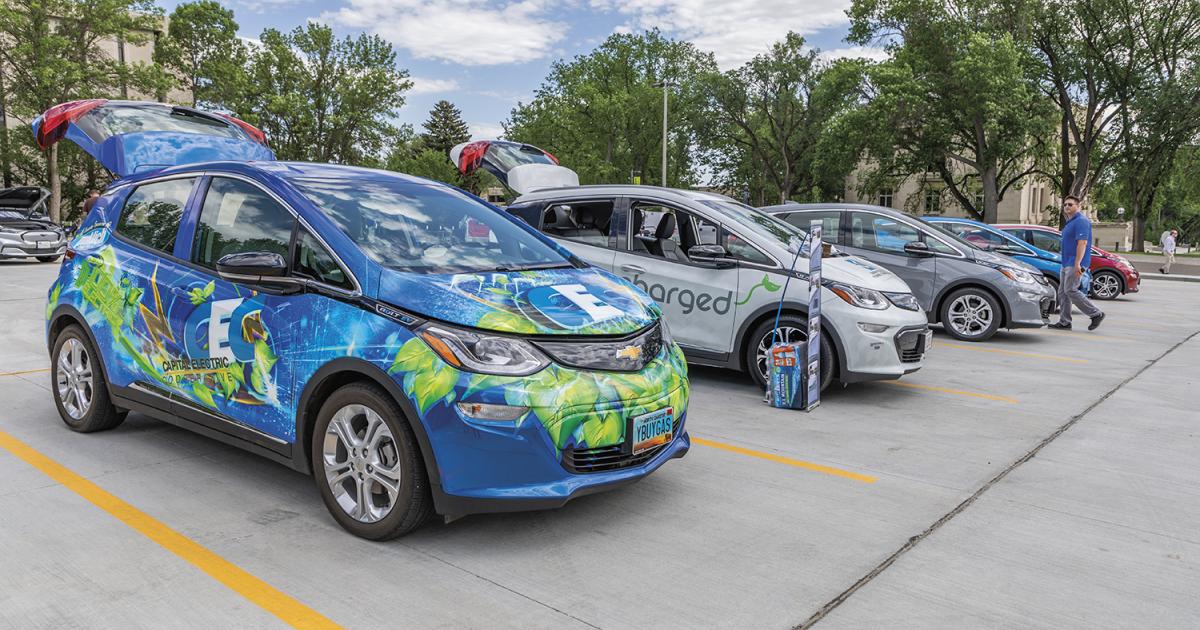
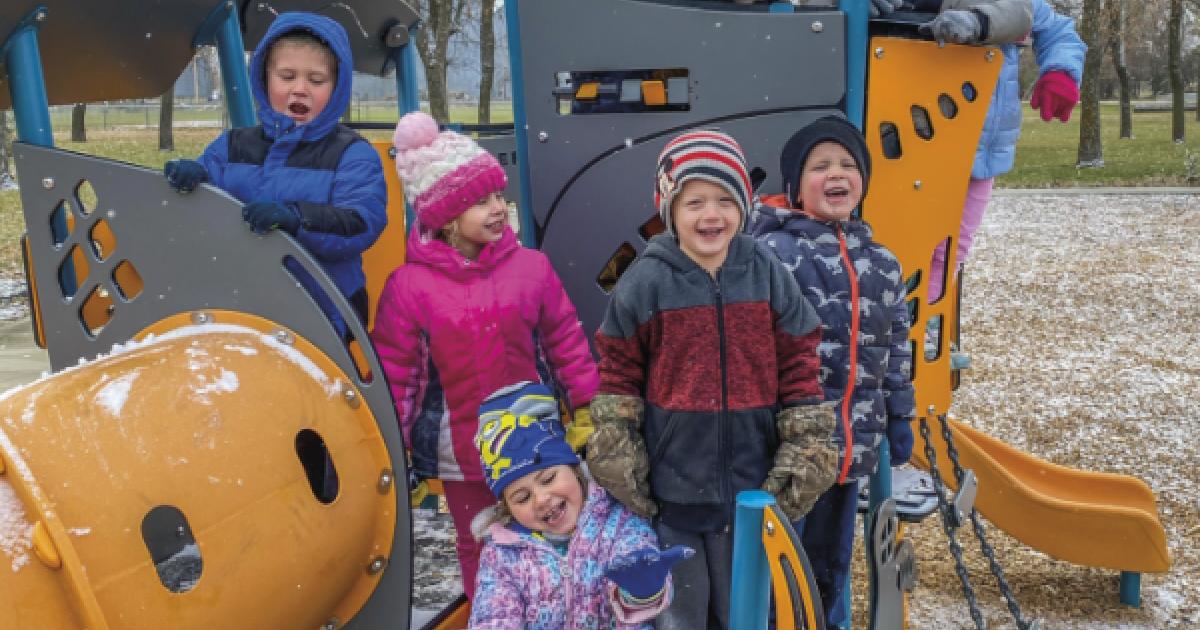
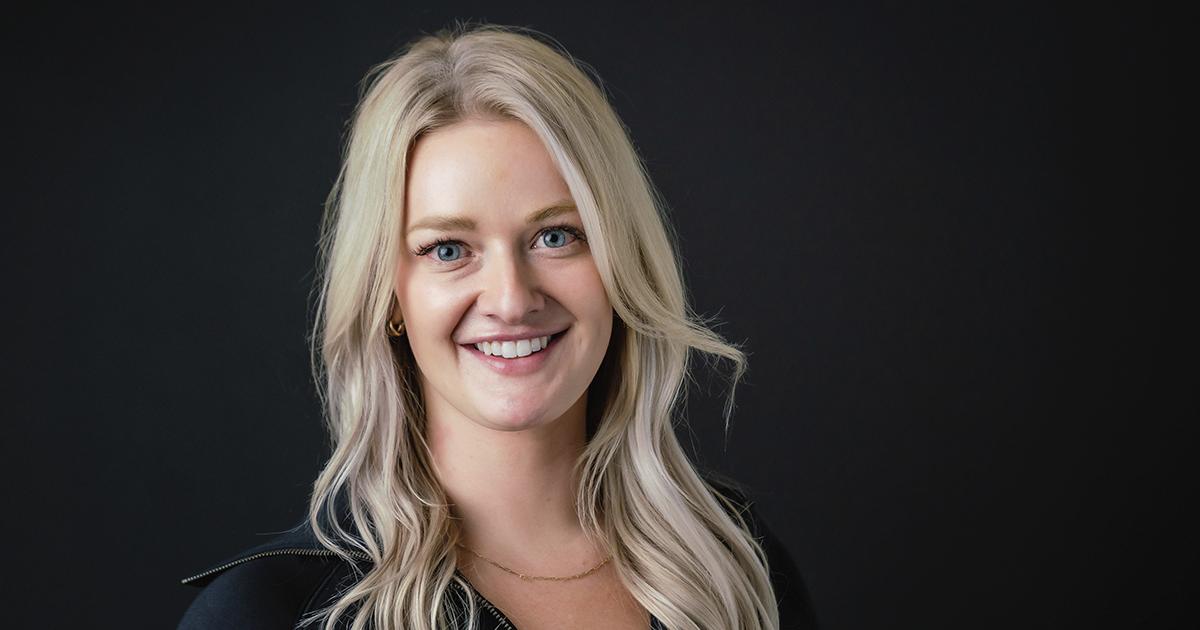
 Thank you for faithfully sending the magazine from the local electric cooperatives. I especially appreciate the section on recipes.
Thank you for faithfully sending the magazine from the local electric cooperatives. I especially appreciate the section on recipes.